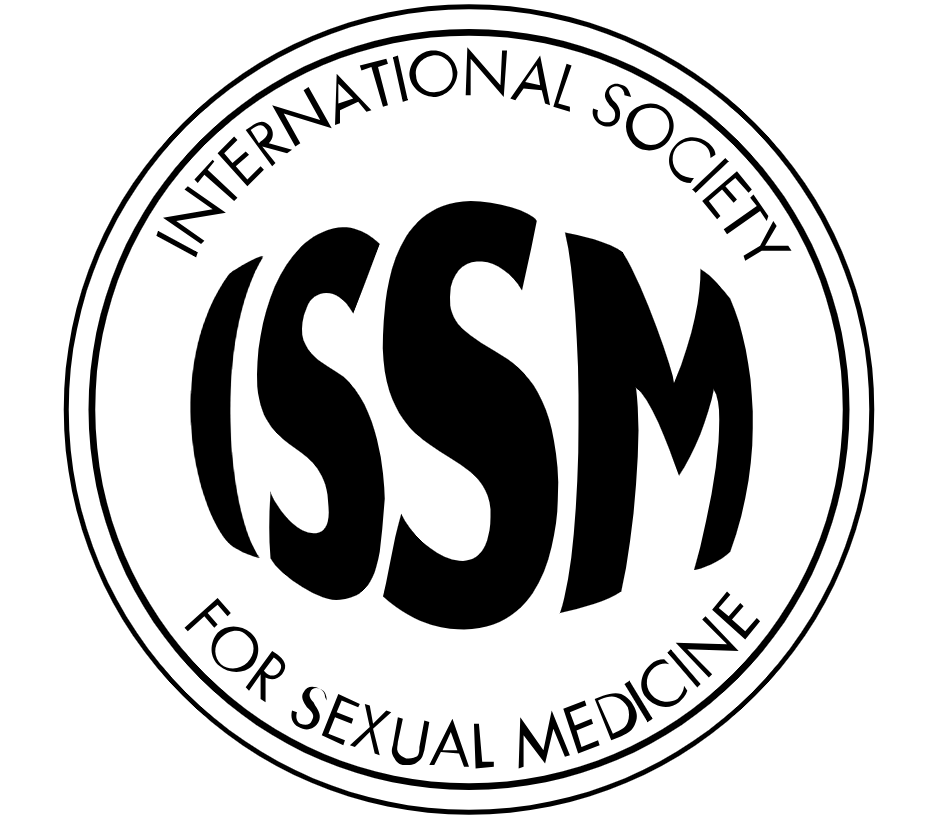Hypoactive sexual desire disorder (HSDD) re-defined
In late 2018 the World Health Organisation (WHO) released an update to The International Classification of Disease (ICD).
ICD is a system of medical coding created by the World Health Organization (WHO) for documenting diagnoses, diseases, signs and symptoms and social circumstances. The release of ICD–11 was 28 years in the making with the previous version (ICD-10) released in 1990.
The ICD-11 December 2018 update has substantially modified the description of hypoactive sexual desire disorder (HSDD).
Re-named as hypoactive sexual desire dysfunction (HSDD) and it is now defined as:
Hypoactive Sexual Desire Dysfunction is characterized by absence or marked reduction in desire or motivation to engage in sexual activity as manifested by any of the following:
1) reduced or absent spontaneous desire (sexual thoughts or fantasies);
2) reduced or absent responsive desire to erotic cues and stimulation; or
3) inability to sustain desire or interest in sexual activity once initiated.
The pattern of diminished or absent spontaneous or responsive desire or inability to sustain desire or interest in sexual activity has occurred episodically or persistently over a period at least several months, and is associated with clinically significant distress.
The ICD-11 definition for HSDD reflects the most current scientific evidence and best clinical practice.
In Australia, two large epidemiological studies recruited nationally representative samples of midlife and older women, and used validated questionnaires to measure sexual desire and sexually-associated personal distress. The overall prevalences of HSDD were 32.2% and 13.6% respectively. For more details on these studies see Lawley News : Low sexual desire affects 69.3% of women 40-64 years and 88% of women 65-79 years.
A 2014 Australian study reported women with HSDD commonly report dissatisfaction in sexual activity, guilt, disconnection from their partner, feelings with frustration, hopelessness, anger, sadness, embarrassment, loss of femininity; and often have poor self-esteem.
Latest News
 What Is the Best Way to Approach a Sexual Dry Spell in a Relationship?
What Is the Best Way to Approach a Sexual Dry Spell in a Relationship?
International Society For Sexual Medicine What Is the Best Way to Approach a Sexual Dry Spell in a Relationship?
 What Is the Connection Between Heart Health and Sexual Health?
What Is the Connection Between Heart Health and Sexual Health?
International Society For Sexual Medicine What Is the Connection Between Heart Health and Sexual Health?
 The Role of Pelvic Floor Muscles in Women’s Sexual Function
The Role of Pelvic Floor Muscles in Women’s Sexual Function
International Society For Sexual Medicine The Role of Pelvic Floor Muscles in Women’s Sexual Function


